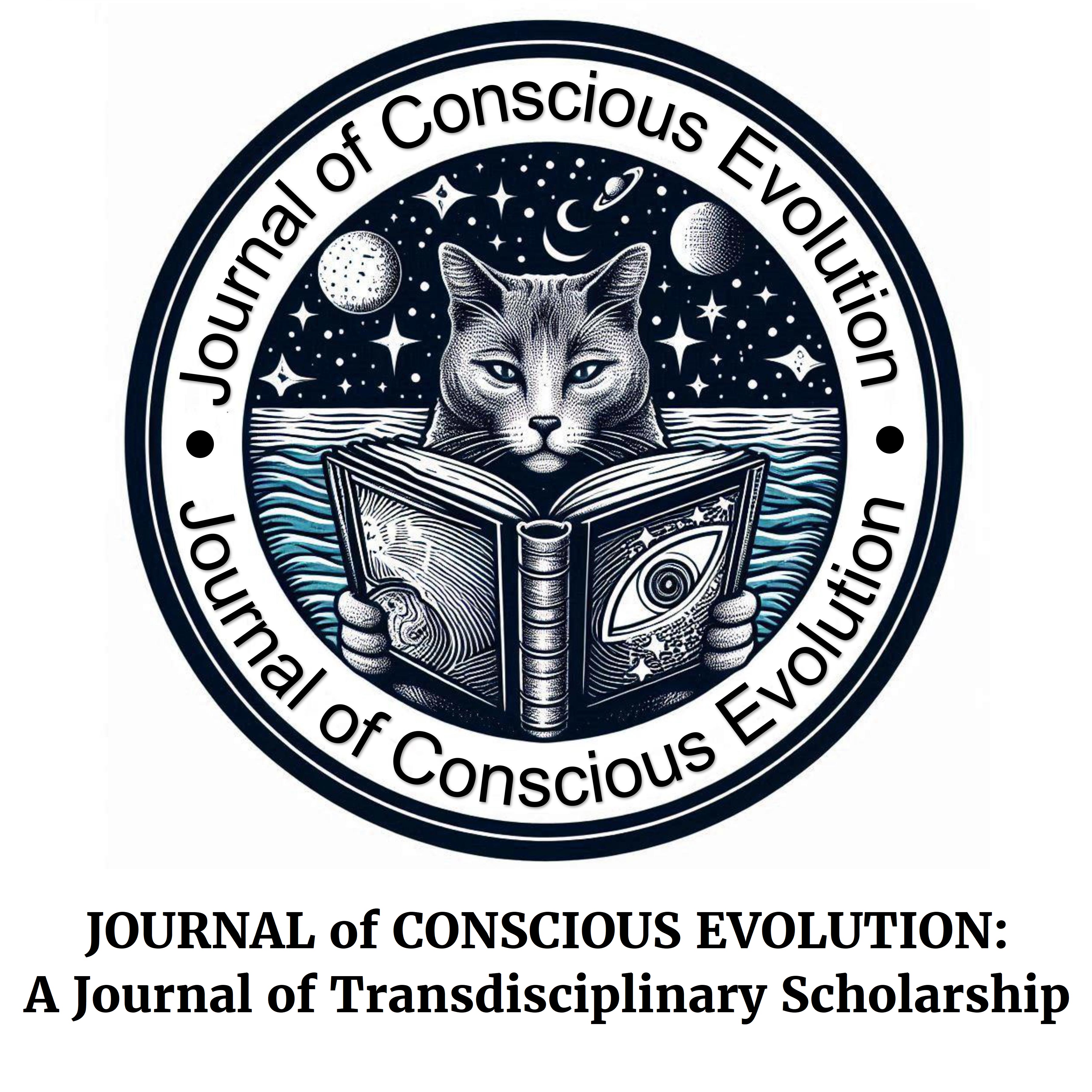
Abstract
This essay draws attention to two problems in neuroscience’s set of assumptions. These self-defeating assumptions include: 1) the assumption that what the nervous system, especially the brain, does is synthesize experience, while also assuming philosophical realism, and 2) the problem of biological signal transduction. In the latter, neuroscientists and philosophers of biology have left unaddressed the issue that the signal differences between the inside and outside of the organismic boundary are of distinct ontological types; and yet no concern has been expressed regarding how it is possible that an organism’s inner states could reflect the experiential content flowing from outside of the organism’s boundary. To resolve this problem, I propose that the process philosophy of Whitehead be implemented to adjust our understanding of what body is and how the peripheral nervous system draws in experience through the senses. Some discussion will surround the enteric nervous system, regarding the evolutionary past of organisms, the thought that enteric nervous system probably played the role of the brain in our evolutionary ancestors, and how Whitehead’s philosophy of organism can help bring some understanding to this anti-Cartesian idea.
Recommended Citation
Milliern, D. (2020). A Whiteheadian Innervation of the Soma: A New Vision for the Peripheral Nervous System. Journal of Conscious Evolution, 16(1). https://digitalcommons.ciis.edu/cejournal/vol16/iss1/8
Included in
Clinical Psychology Commons, Cognition and Perception Commons, Cognitive Psychology Commons, Critical and Cultural Studies Commons, Family, Life Course, and Society Commons, Gender, Race, Sexuality, and Ethnicity in Communication Commons, Liberal Studies Commons, Social and Cultural Anthropology Commons, Social and Philosophical Foundations of Education Commons, Social Psychology Commons, Sociology of Culture Commons, Sociology of Religion Commons, Transpersonal Psychology Commons


